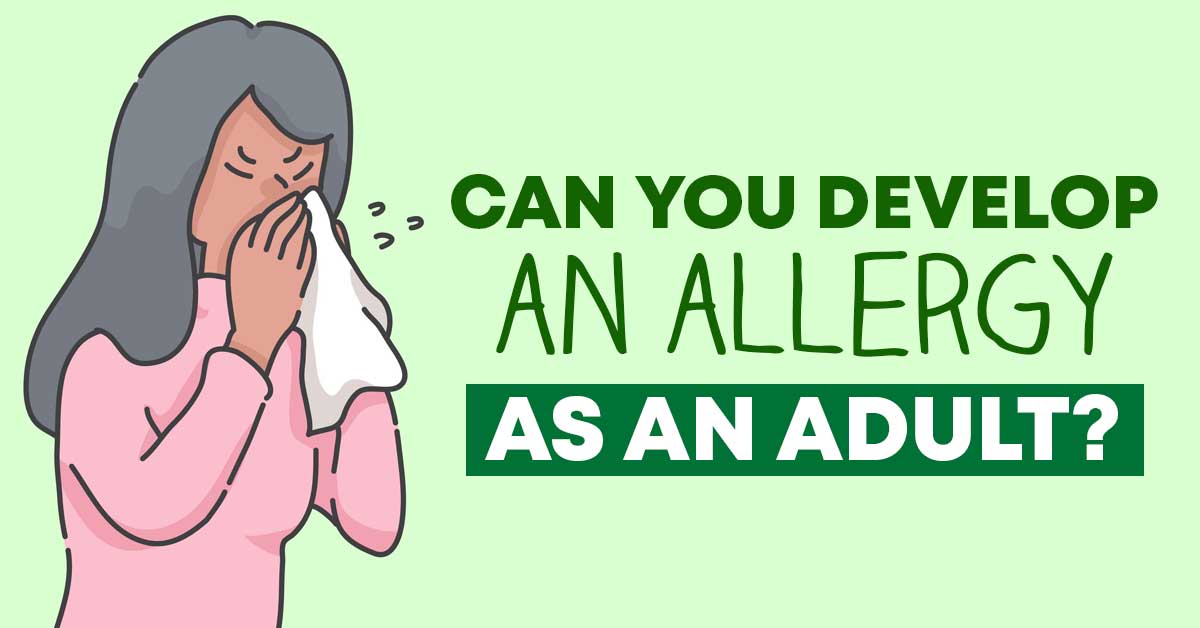
Table of Contents
Introduction
As a new parent, you probably have a lot of questions about your baby’s health. One concern that many parents have is the potential for their baby to develop allergies. Allergies can be a serious and even life-threatening issue, so it’s important to understand when they can develop in babies and what you can do to prevent or manage them.
When Can Allergies Develop In Babies?
Allergies can develop in babies at any age, but they are most common in children under the age of 3. According to the American Academy of Allergy, Asthma, and Immunology, about 6 million children in the United States have some type of allergy. The most common allergies in babies include food allergies, eczema, and asthma.
Causes of Allergies in Babies
The exact cause of allergies in babies is not fully understood, but it is believed to be a combination of genetic and environmental factors. If one or both parents have allergies, their child is more likely to develop them. Exposure to certain allergens, such as pollen, animal dander, and dust mites, can also trigger allergies in babies.
Symptoms of Allergies in Babies
The symptoms of allergies in babies can vary depending on the type of allergy. Some common symptoms include:- Hives- Itchy, watery eyes- Runny nose- Sneezing- Wheezing- Difficulty breathing- Swelling of the lips, tongue, or face- Vomiting or diarrhea after eating certain foodsIf you notice any of these symptoms in your baby, it’s important to talk to your pediatrician right away. They can help determine the cause of your baby’s symptoms and recommend the appropriate treatment.
Preventing Allergies in Babies
While it’s not always possible to prevent allergies in babies, there are some steps you can take to reduce your baby’s risk. These include:- Breastfeeding your baby for at least the first 6 months of life, as breast milk can help protect against allergies- Delaying the introduction of solid foods until your baby is at least 6 months old- Introducing new foods one at a time and watching for any signs of an allergic reaction- Keeping your home clean and free of dust and other allergens- Avoiding smoking or exposure to secondhand smoke
Treating Allergies in Babies
If your baby is diagnosed with an allergy, there are several treatment options available. These may include:- Avoiding the allergen that triggers your baby’s symptoms- Using over-the-counter or prescription medications, such as antihistamines, to relieve symptoms- Getting allergy shots (immunotherapy) to help your baby build up immunity to the allergen- Using special creams or ointments to soothe eczema or other skin allergiesYour pediatrician will work with you to determine the best treatment plan for your baby based on their age, symptoms, and overall health.
Conclusion
Allergies can be a serious issue for babies, but with the right care and treatment, they can be managed. If you suspect that your baby has an allergy, it’s important to talk to your pediatrician right away. They can help identify the cause of your baby’s symptoms and recommend the appropriate treatment.
Frequently Asked Questions
Q: Can babies outgrow allergies?
A: Yes, some babies do outgrow allergies as they get older. However, it’s important to work with your pediatrician to manage your baby’s symptoms in the meantime.
Q: Can allergies be prevented in babies?
A: While it’s not always possible to prevent allergies in babies, there are steps you can take to reduce their risk, such as breastfeeding and keeping your home free of allergens.
Q: How is an allergy diagnosed in a baby?
A: Your pediatrician may perform skin tests, blood tests, or other diagnostic tests to determine if your baby has an allergy.
Q: What should I do if my baby has an allergic reaction?
A: If your baby has an allergic reaction, it’s important to seek medical attention right away. Call 911 if your baby has trouble breathing or shows signs of anaphylaxis.
Q: How can I help my baby feel more comfortable during an allergic reaction?
A: Your pediatrician may recommend over-the-counter or prescription medications to help relieve your baby’s symptoms. You can also use cool compresses or special creams or ointments to soothe skin allergies.
